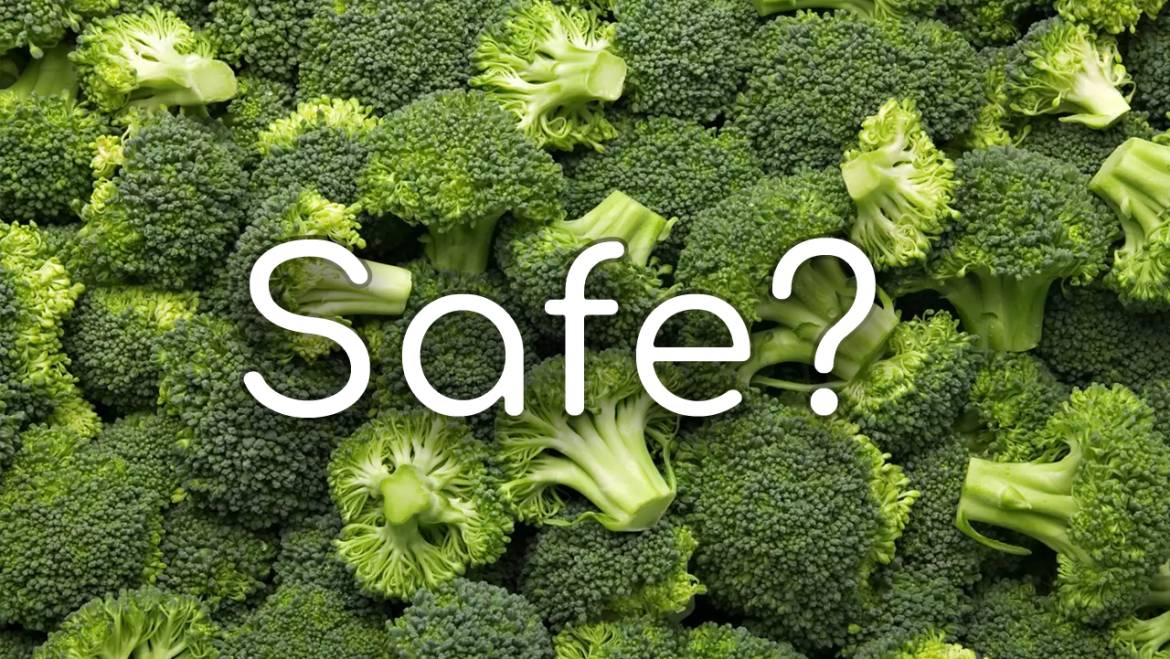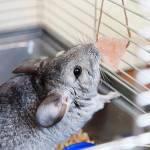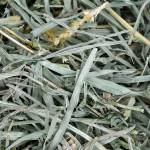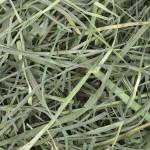Chinchillas are adorable and social animals that make great pets. They have a unique diet that consists of hay, pellets, and fresh fruits and vegetables. As a chinchilla owner, you might be wondering if your furry friend can eat broccoli. While broccoli is a healthy vegetable for humans, it’s important to know if it’s safe for chinchillas to consume. In this article, we will explore whether chinchillas can eat broccoli, its nutritional benefits and drawbacks, and how much broccoli you can give to your chinchilla.
Is Broccoli Safe for Chinchillas to Eat?
Broccoli is safe for chinchillas to eat in small quantities, as it contains essential vitamins and minerals that can help support your chinchilla’s health. However, it’s important to note that broccoli should not be a significant part of their diet. As with any new food, you should introduce broccoli gradually to prevent digestive issues.
Nutritional Benefits of Broccoli for Chinchillas
Broccoli is an excellent source of vitamin C, which is essential for a chinchilla’s health. Chinchillas cannot produce their own vitamin C, so they need to get it from their diet. Broccoli also contains vitamin K, which is important for bone health, and vitamin A, which is essential for healthy eyesight. In addition, broccoli is rich in fiber, which is crucial for digestive health.
Drawbacks of Feeding Broccoli to Chinchillas
While broccoli has nutritional benefits for chinchillas, it also has drawbacks that you should consider. Broccoli is high in calcium, which can lead to bladder stones in chinchillas if consumed in excess. Additionally, broccoli contains goitrogens, which can interfere with thyroid function and should be avoided in large amounts. It’s essential to feed broccoli to your chinchilla in moderation and as part of a balanced diet.
How Much Broccoli Can You Give to Your Chinchilla?
Chinchillas have sensitive digestive systems, so it’s essential to introduce new foods gradually. When introducing broccoli to your chinchilla’s diet, you should start with a small amount and monitor their response. Too much broccoli can cause digestive issues, such as bloating and diarrhea. As a general rule, you should only give your chinchilla a small amount of broccoli once or twice a week. A good portion size for a chinchilla is a piece of broccoli the size of their paw.
Preparing Broccoli for Your Chinchilla
When feeding broccoli to your chinchilla, it’s essential to prepare it properly. You should wash the broccoli thoroughly to remove any dirt or pesticides. You should also remove the stem and cut the broccoli into small pieces to make it easier for your chinchilla to eat. If your chinchilla is not interested in eating broccoli, you can try steaming it lightly to make it more appealing.
Other Vegetables That Chinchillas Can Eat
While broccoli is safe for chinchillas to eat in moderation, it’s important to provide a variety of vegetables in their diet. Some other safe vegetables for chinchillas include:
- Carrots
- Cucumber
- Kale
- Spinach
- Celery
- Bell Peppers
In conclusion, broccoli can be a healthy addition to your chinchilla’s diet when fed in moderation. It’s important to introduce new foods gradually and monitor your chinchilla’s response. Broccoli should not be a significant part of their diet, and you should provide a variety of vegetables to ensure they receive all the necessary vitamins and minerals. Remember to prepare broccoli properly, feed it in small quantities, and ensure it’s part of a balanced diet. By doing so, you can help support your chinchilla’s health and well-being.
It’s also important to note that while broccoli is safe for chinchillas to eat, not all vegetables are suitable for their diet. Some vegetables, such as onions and garlic, are toxic to chinchillas and should be avoided. Always research any new foods before introducing them to your chinchilla’s diet and consult with a veterinarian if you have any concerns.
Overall, providing a varied and balanced diet is key to keeping your chinchilla healthy and happy. By incorporating small amounts of broccoli into their diet, you can help support their nutritional needs and provide them with a delicious treat. Just remember to feed it in moderation, prepare it properly, and always prioritize your chinchilla’s well-being.







